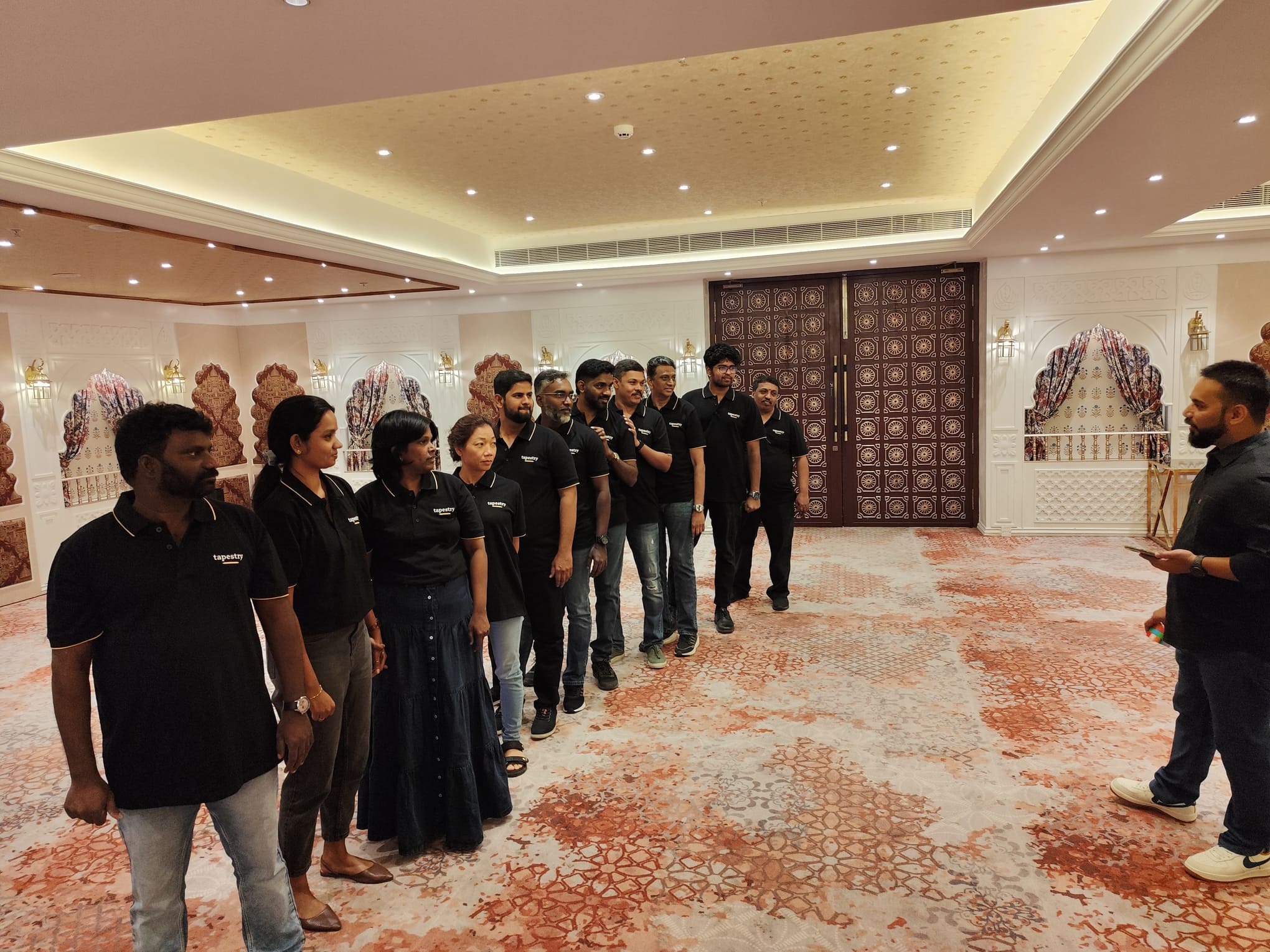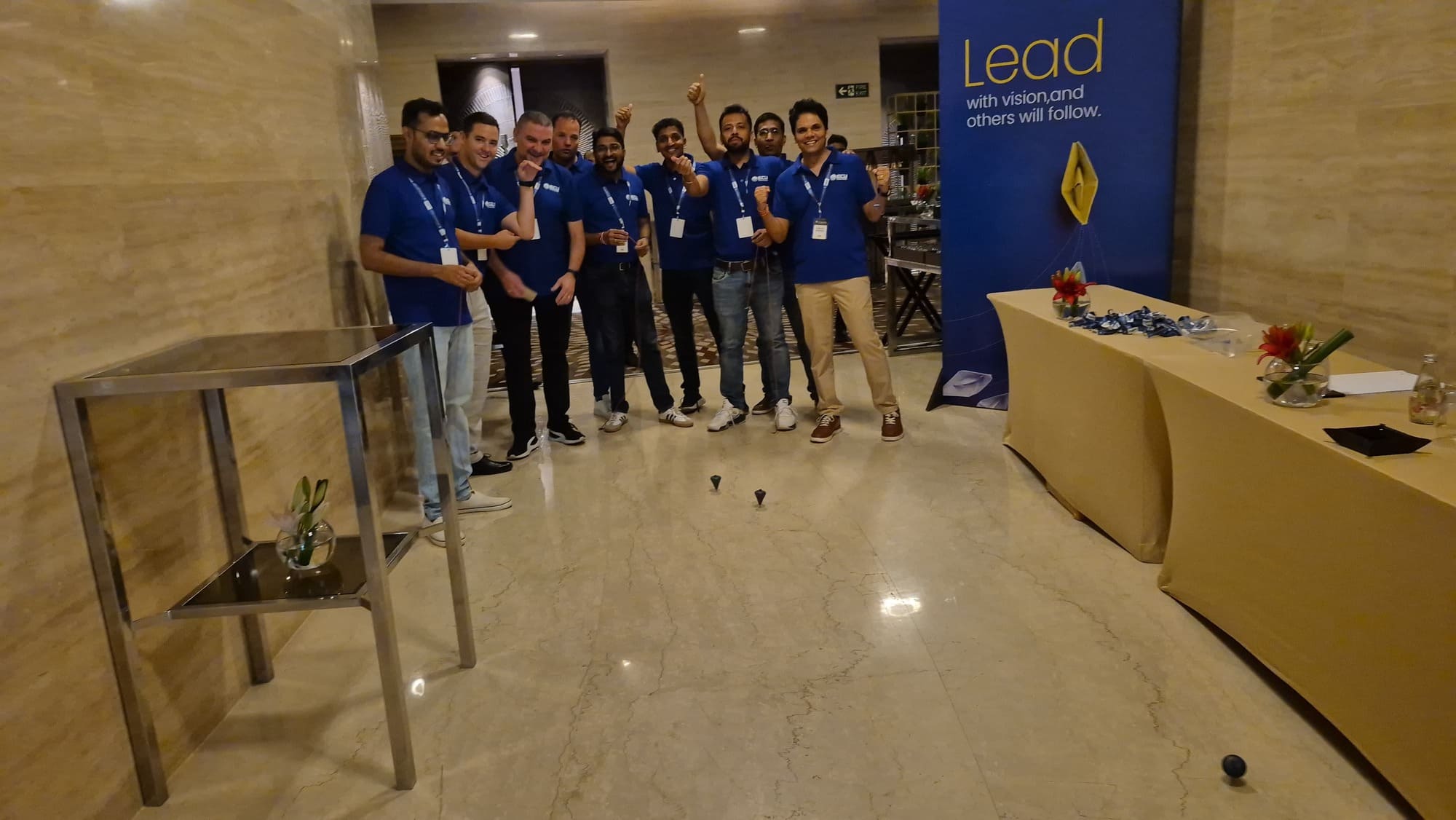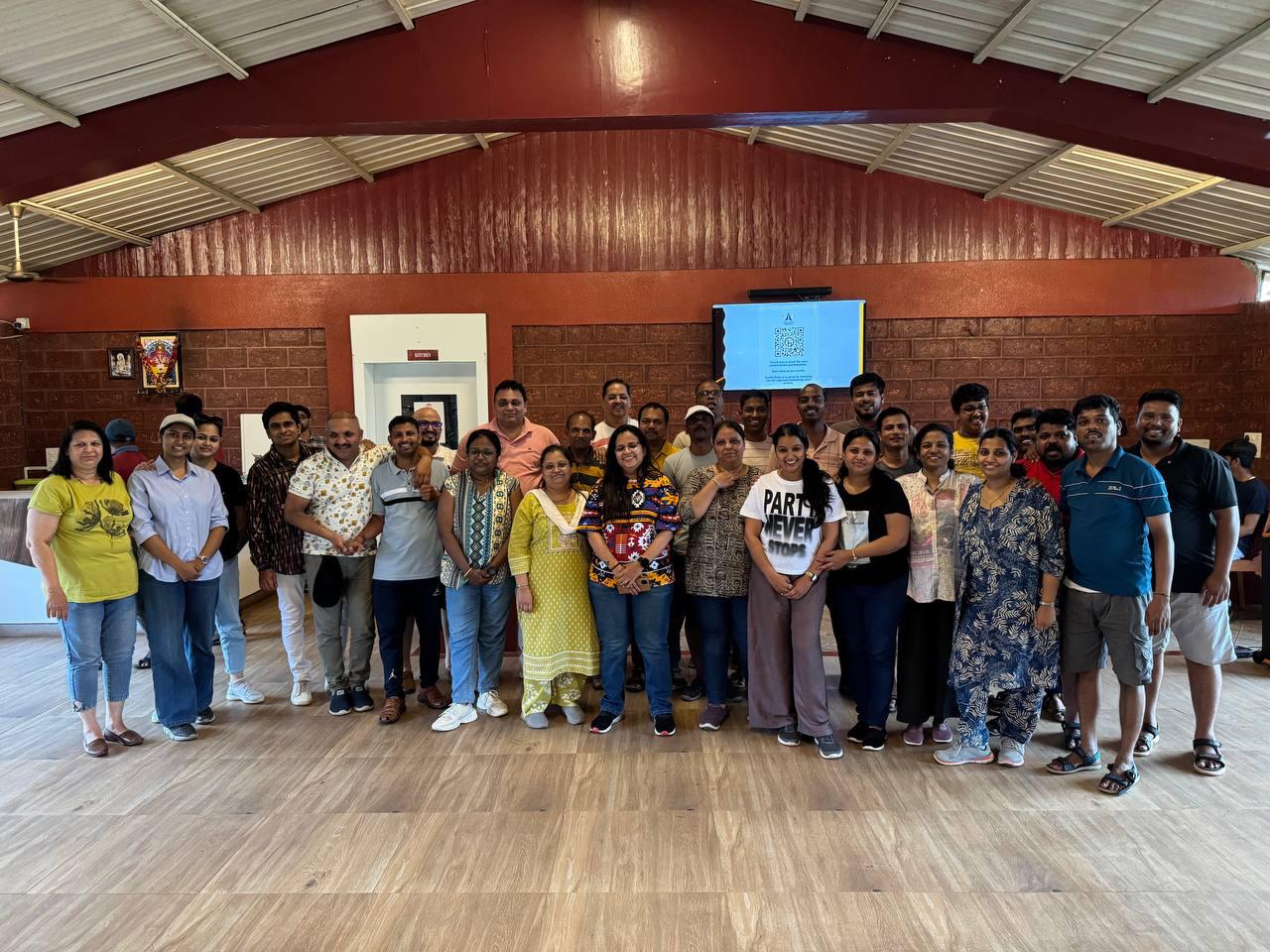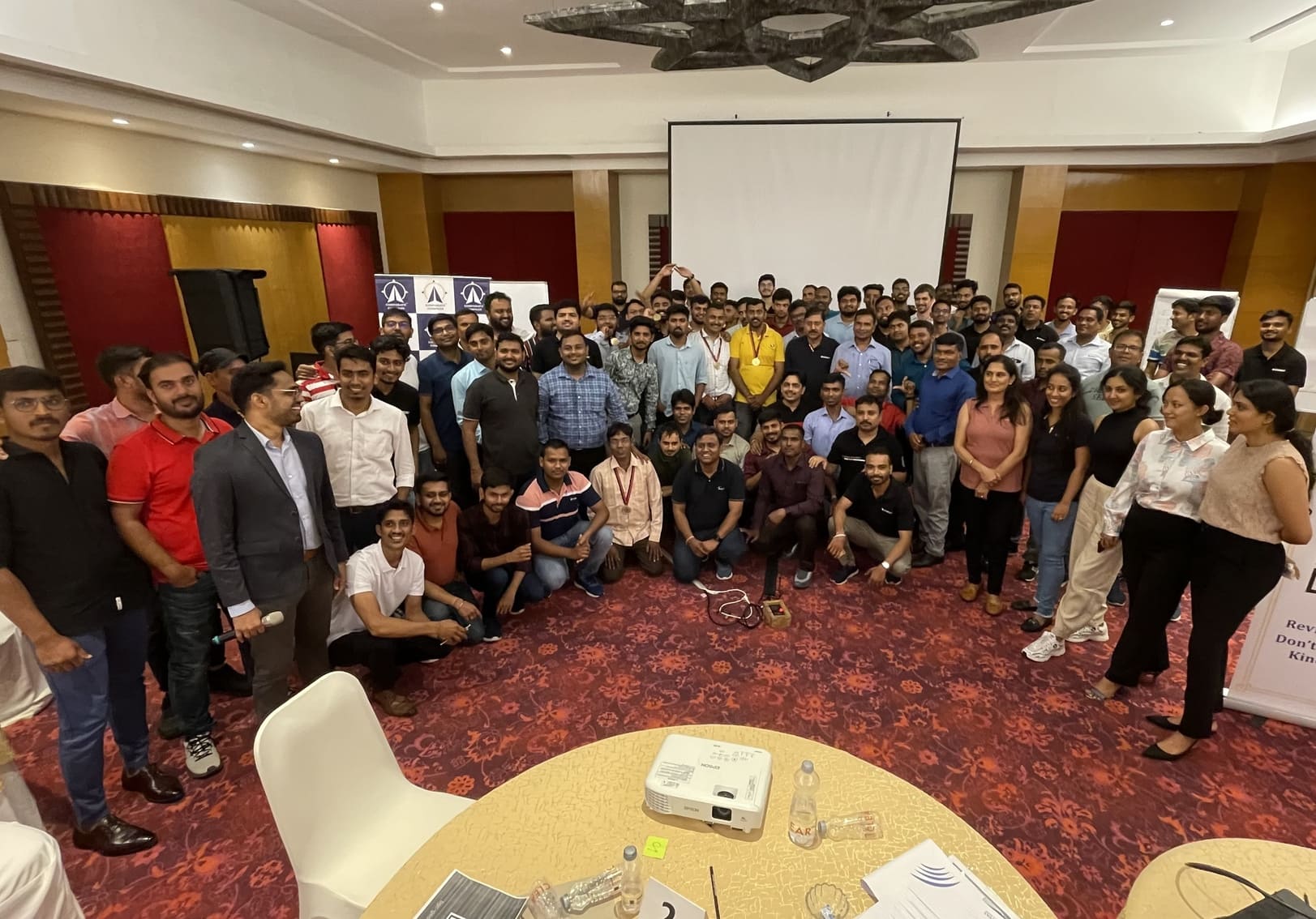Did you know?
- A survey found that over 80% of Indian employees report feeling stressed at work, with nearly half admitting they’ve thought about quitting due to burnout.
- According to the studies, burnout is now recognised as an ‘occupational phenomenon,’ costing global businesses over $322 billion in lost productivity each year.
- Nearly 62% of Indian employees suffer from burnout—three times the global average of 20%—mainly due to work-related stress and poor work-life balance, according to a report by digital healthcare platform MediBuddy and CII.
Numerous reports and organisations are suggesting that there is a high level of burnout, especially in India. There are numerous problems in many organisations. The big question here is, what if your star performers are mentally checking out, and you don’t even know it yet? What could be the solution to all of these issues?
Among various solutions, one is rapidly gaining popularity — the rise of team building experts, often called the workplace superheroes you didn’t know you needed.
What Exactly is Team Building Expert?
A team building expert helps employees work better together and feel more connected. They design activities and sessions that improve communication, trust, and teamwork, which in turn enhance employee engagement. Their work helps reduce stress, resolve conflicts, and boost team morale.
In practice, they are a mix of:
- Culture designers create habits, language, and routines that make work feel more positive and energising.
- Facilitators and coaches lead group sessions and activities that build trust and help teams talk about problems.
- Diagnostics experts use surveys and observations to find out what’s not working in a team.
- Learning designers make tools, guides, and follow-up activities so teams keep improving even after the session is over.
Note: Team Builders are NOT event planners.
What Exactly Do Team Building Experts Do?

A short, practical breakdown of core activities:
- Listen & diagnose — They ask quick surveys, talk to employees one-on-one, and observe daily work to find out what’s really causing stress.
- Co-create goals — They work with HR and leaders to agree on which habits need to improve, like smoother teamwork between departments, giving feedback safely, or cutting down on too many meetings.
- Design interventions — Use different methods from quick 5–15 minute team activities to full-day corporate team building workshops and stress management training.
- Facilitate with skill — Lead sessions that feel safe but also help people grow, like sharing personal stories, acting out situations, solving problems together, or working on fun projects not related to work.
- Measure & embed — Define KPIs (engagement, churn, NPS, sick-day trends), run follow-ups, and give managers playbooks to keep momentum.
Why Silent Burnout is More Dangerous than Visible Burnout
Visible burnout is easy to see — like when someone takes long sick leaves, complains a lot, or suddenly quits.
Silent burnout is harder to notice — the person still comes to work but does only the bare minimum, avoids taking extra steps, and slowly stops being creative or putting in extra effort.
Why silent burnout is more dangerous:
- Leaders sometimes think that quite low performance is due to a lack of skill or motivation, not stress.
- It slowly hurts company culture because unhappy employees affect others, making people feel less safe and less willing to share ideas.
- It hides the risk of people leaving — employees who seem fine might suddenly quit if they get a better job offer.
- It lowers creativity since doing creative work needs feeling safe and having energy, which silent burnout takes away.
What Exactly is the Psychology Behind Team Building?

Team building works because it targets basic human needs and brain systems that drive behaviour at work.
Core psychological principles:
- Belonging & social identity: People do better at work when they feel like they truly belong to a team. Doing group activities and sharing common stories helps build that sense of identity and boosts motivation.
- Psychological safety: When people feel safe to speak honestly without fear of being judged or punished, they learn faster and come up with better ideas. Team building helps create safe spaces where open communication can be practised.
- Reward circuitry: When teams celebrate wins together or recognise each other’s efforts, it releases dopamine, the brain’s “feel-good” chemical. This makes people more motivated and likely to repeat good teamwork.
- Trust hormone (oxytocin) effects: Positive, caring interactions increase oxytocin, which builds trust. This helps teams work better together with less stress and confusion.
- Norm formation: With the right activities, teams can quickly build better habits, like how to run meetings, give feedback, or deal with problems in a healthy way.
How Indian Firms are Using Team Building to Fix It
From Large MNCs to startups are now going beyond just fun team outings. Instead, they’re focusing on meaningful team building activities that are planned with a purpose and show real results.
- Hackathons & problem-based retreats: These are fun and focused events where teams work together to solve real product challenges. It’s a mix of teamwork and creativity that helps people bond while doing meaningful work.
- CSR-driven team building: Teams come together to do good — like making school kits or solar lamps. Working on something meaningful boosts team spirit and gives a shared sense of purpose.
- Storytelling and peer circles: In these guided sessions, employees share personal stories about their work experiences. This helps build trust, empathy, and deeper understanding among team members.
- Manager-as-facilitator programs: Managers are trained to lead short, weekly team check-ins. These quick sessions help support employee engagement and improve teamwork regularly.
- Hybrid-friendly programs: These are team-building activities designed for remote teams, like online escape rooms, small challenges done in your own time, or virtual coffee chats that randomly match team members to connect and talk.
How to Choose the Right Team Building Expert

Checklist: what to look for
- Diagnostic-first approach – They ask the right questions first, to understand the team’s real issues before suggesting any activities.
- Psychology or facilitation credentials – It helps if they’re trained in things like workplace psychology, coaching, or group leadership.
- Industry fit & case studies – Check if they’ve worked with teams like yours before and have examples to show.
- Outcome-focused design – Ask if they can clearly say what results they’ll improve, like engagement, retention, or error rates.
- Follow-through plan – A good expert gives a plan for what happens after the session, like manager guides and check-ins after 30, 60, and 90 days.
- Measurable pricing model – Their charges should be based on different stages, like discovery, sessions, and follow-up, not just on how many days they spend.
- Safe psychology practices – They should offer things like pre-session screening, opt-outs, and mental health support to protect anyone feeling stressed or vulnerable.
Red Flags
- Too many icebreakers or fun games without any real purpose or follow-up
- Giving the same activities to every team without understanding their needs.
- Not having a clear plan to measure results or using confusing data that shows nothing.
Questions to Ask a Finalist
- How will you diagnose silent burnout in our teams?
- Which 3 behaviours will your intervention change, and how will you measure them?
- How will you support managers after the core event?
Conclusion
Companies that see team building as just a fun, one-time activity will only see short-term results. But those who treat it as a smart, long-term strategy based on understanding problems, tracking real changes, and building strong team habits will see lasting growth, stronger teams, and more innovation.
Final takeaway: Building strong team connections isn’t optional. In India’s high-stress work culture, investing in the right corporate team building company can transform not just morale but also business outcomes.
Ready to shift from silent burnout to vibrant teamwork? Partner with Corporate Compass, India’s leading team building company, to bring expert-designed, outcome-driven corporate team building programs into your workplace. Whether you need a high-energy in-person workshop or a carefully-crafted virtual session, reach out today to book a session tailored to your team’s unique needs and start transforming engagement, trust, and performance—one powerful experience at a time.
Frequently Asked Questions (FAQs)
1. How often should we do team-building interventions?
Use micro-interventions weekly (15–30 mins), deeper sessions quarterly, and larger offsites annually. Adjust frequency based on team stress levels and organisational changes.
2. Are team-building programs effective for remote or hybrid teams?
Yes, team building still works in hybrid or remote teams. The style is different with shorter sessions, online activities, and flexible formats, but the core ideas stay the same: helping people feel included, safe to speak up, and united by a common goal.
3. How long before we see results?
Mood and team energy can get better in a few weeks, but important business results, like employee turnover and project speed, usually improve in 3 to 6 months.
4. Will employees resist participating?
People resist team building when it feels forced or useless. Good experts work with the team, explain why it matters, and create a safe, welcoming space.
5. Can internal HR run these programs instead of hiring an expert?
HR can do a lot, but outside team building experts add fairness, strong skills, and experience with different teams. They’re especially helpful when trust is low or issues are sensitive.
6. How do we measure the ROI of team building?
Measure team mood, employee leaving rates, sick days, how fast projects finish, and team happiness before and after activities. Even small improvements can save or make a lot of money.



